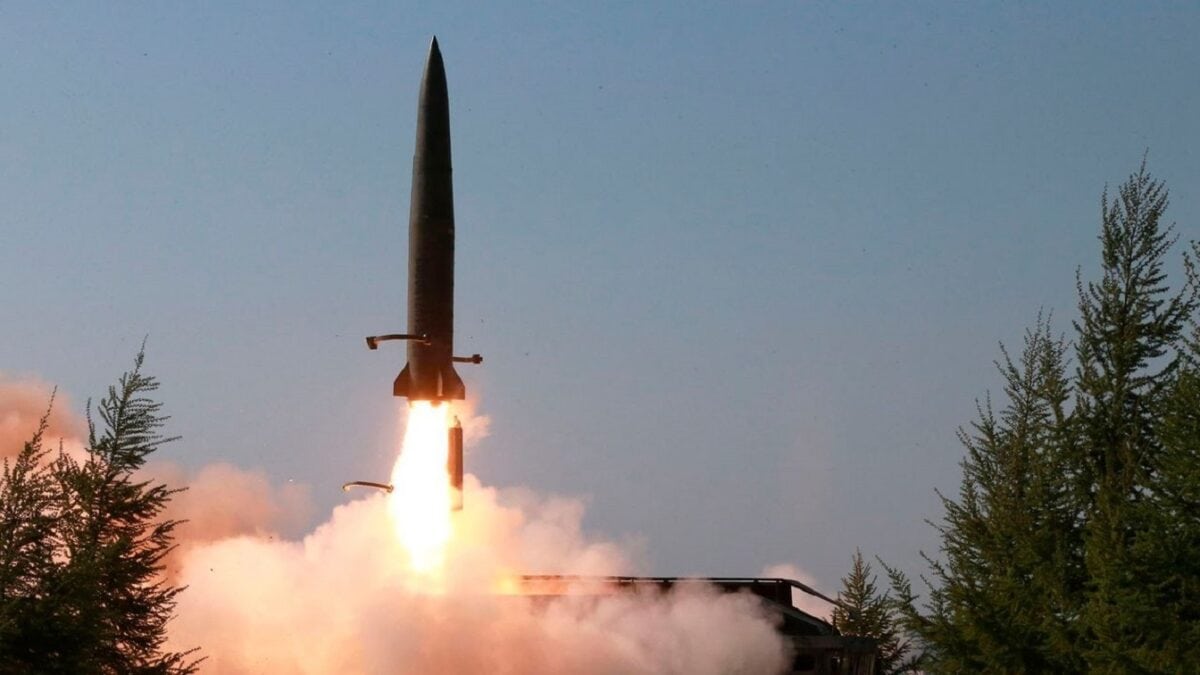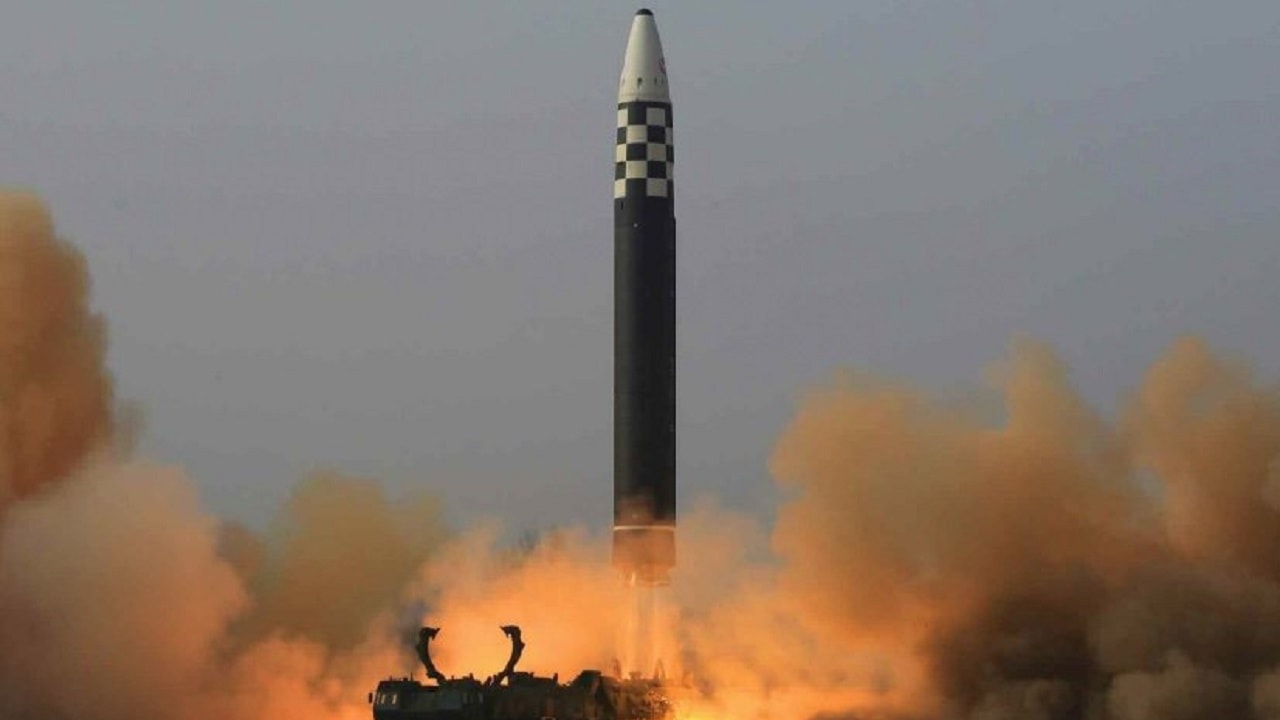North Korea last week – and once again – declared itself a nuclear weapons state and reserved the right to use those weapons in various preemptive ways if it felt the need.
Indeed, Pyongyang’s nuclear weapons doctrine amounts to one nightmarish fact: it will use nuclear weapons when and how it wants to and won’t give them up under any circumstances.
Not exactly a shocker, as the DPRK has made somewhat similar statements in the past, but still chilling nonetheless and clearly not something the Biden administration can ignore – even though it wants to, considering tensions in Ukraine and elsewhere.
Of course, South Korea has now responded, explaining it will double down on its own conventional military power and missile defenses and increase U.S.-ROK joint alliance capabilities.
While for sure the right call to make on Seoul’s part, that means, of course, some outlandish North Korean response. And there is always the looming threat of a North Korean nuclear test, which seems could happen at any moment.
While it did not make it in time for my North Korea nuclear weapons symposium last week (11 different experts sounded off), we were able to speak to Allison Hooker, a former member of the Obama and Trumps Administration National Security Council and respected North Korea expert. Hooker last served as Deputy Assistant to President Trump and a Senior Director on the National Security Council for Asia.
Hooker had this to say to 19FortyFive on North Korea’s recent nuclear declarations:
“North Korea’s declaration last week that it has codified the right to “automatically” use preemptive nuclear strikes to protect itself, making its nuclear status “irreversible” comes as no surprise, given that Pyongyang’s goal has been – for nearly thirty years – to gain recognition as a nuclear weapons state.
Certainly, the lesson of Russia’s invasion of Ukraine, which like Libya, was made vulnerable by giving up its nuclear weapons has also reinforced Kim Jong Un’s determination to cement its status.
For Kim, this is the perfect time to make such a move, with the world distracted by more urgent crises – COVID, the Russia-Ukraine war, China’s rumblings around Taiwan, and [the absence of strong US leadership on the issue], Kim must believe there is very little that stands in the way of achieving the regime’s decades old dream.
In 2022 alone, North Korea has conducted a record number of missile tests and is reportedly prepared to conduct its 7th nuclear test at a time of Kim’s choosing, while continuing to produce fissile material at its plutonium and uranium enrichment facilities – both of which were restarted within the last 12 months. Not to mention recent reports that Pyongyang is selling ammunition to Moscow to aid in the war on Ukraine. Each of these would be a headline-dominating crisis just a few short years ago.
What can be done to constrain North Korea?
Although the UN Security Council remains hamstrung by the war in Ukraine—as demonstrated by its flimsy response this spring to Pyongyang’s first ICBM test since 2017, implementation of existing sanctions remains a potentially powerful tool. But it will take allies, partners and like-minded countries turning attention and effort back to the issue in a focused way to make an impact.

North Korea Ballistic Missile Test. Image Credit: Creative Commons.
Meanwhile, the time-proven concept of “peace through strength” is also a key to holding in check North Korea’s ambitions. Along these lines, South Korea’s President Yoon Suk-yeol has done much to strengthen his country’s military posture in the four months since inauguration – including through resuming large joint exercises with the U.S., restarting extended deterrence talks with Washington, and re-engaging in trilateral security dialogue with the U.S. and Japan. He’s on the right track.
It is time our like-minded partners and allies dust off their North Korea policies and get back to work on this issue before Kim takes the spotlight from Putin and Xi.”
Expert Biography: Harry J. Kazianis (@Grecianformula) serves as President and CEO of Rogue States Project, a bipartisan national security think tank. He has held senior positions at the Center for the National Interest, the Heritage Foundation, the Potomac Foundation, and Pacific Forum. Kazianis has also worked as a defense journalist, serving as Editor-In-Chief of the Diplomat and Executive Editor of The National Interest. His ideas have been published in the New York Times, Washington Post, Wall Street Journal, Newsweek, CNN, CNBC, and many other outlets across the political spectrum. He holds a graduate degree focusing on International Relations from Harvard University and is the author of the book The Tao of A2/AD, a study of Chinese military modernization.

